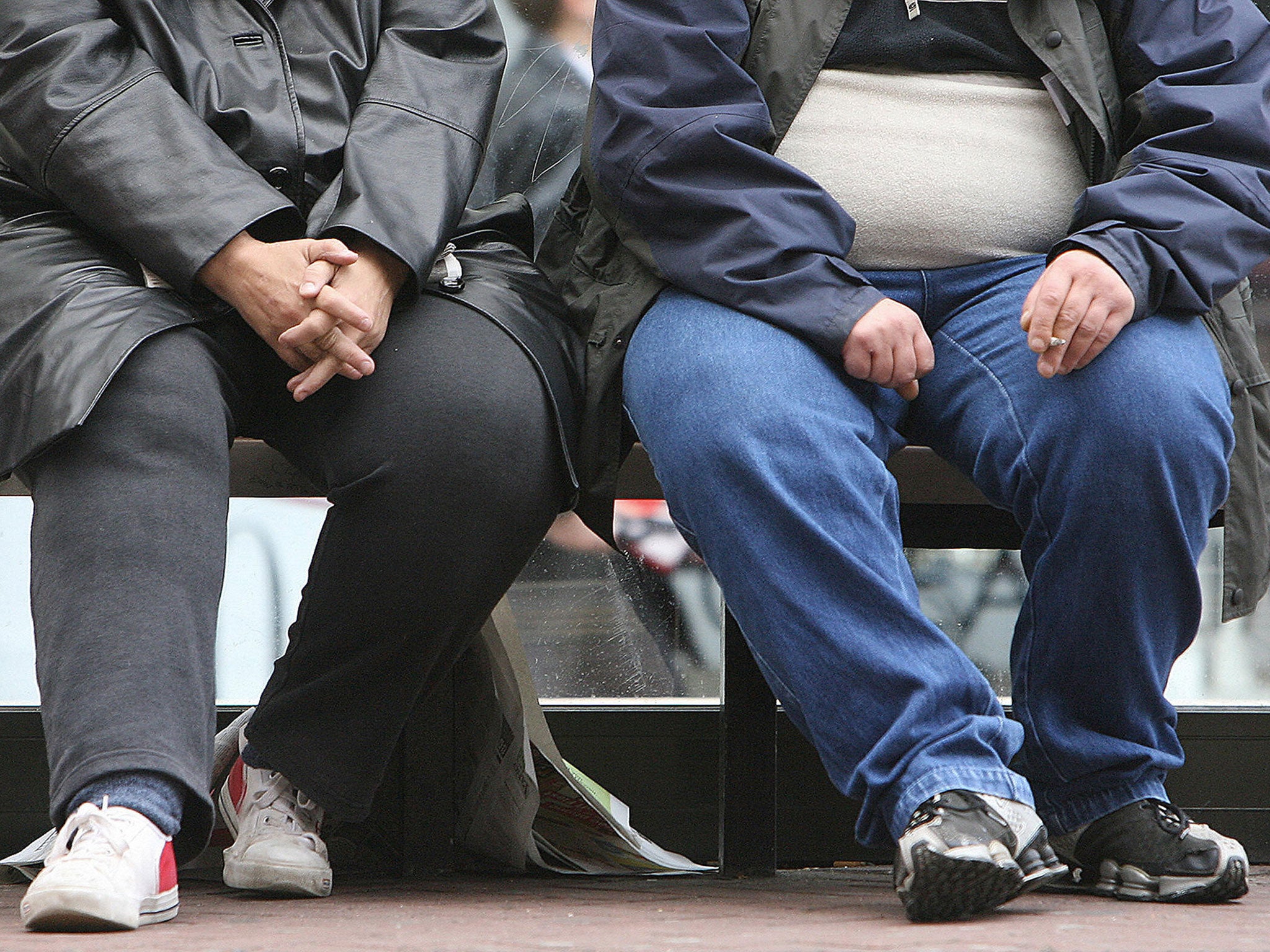Lose weight without counting calories by 'reducing bites', scientists say
Test subjects lost nearly four pounds over a month

Your support helps us to tell the story
From reproductive rights to climate change to Big Tech, The Independent is on the ground when the story is developing. Whether it's investigating the financials of Elon Musk's pro-Trump PAC or producing our latest documentary, 'The A Word', which shines a light on the American women fighting for reproductive rights, we know how important it is to parse out the facts from the messaging.
At such a critical moment in US history, we need reporters on the ground. Your donation allows us to keep sending journalists to speak to both sides of the story.
The Independent is trusted by Americans across the entire political spectrum. And unlike many other quality news outlets, we choose not to lock Americans out of our reporting and analysis with paywalls. We believe quality journalism should be available to everyone, paid for by those who can afford it.
Your support makes all the difference.We've had the Atkins diet, Paleo diet, raw food diet and 5:2, but the secret to weight loss success might lie in what we're already putting into our mouths.
Scientists have revealed that, following a new pilot study, the key to losing weight could be as simple as counting bites.
They tasked participants with counting the number of bites they took over a month, and then aiming to take 20 to 30 per cent fewer bites over the next four weeks.
And those who did so lost around four pounds, which is the 'healthy' weight loss limit recommended by the Centre for Disease Control and Prevention (CDC) in America.
The team of researchers at Brigham Young University saw results even without the test subjects making any other changes to their eating habits and exercise routines, Science Daily reported.
Lead study author Josh West said that the study had served to confirm what they already knew: "consuming less food makes a difference".
"We're not advocating people starve themselves," he added. "What we're talking about is people eating less than they're currently eating."
His co-authors, Ben Crookston and Cougar Hall, said that overweight people should be more focused on 'quantitative' aspects of food - and less on 'qualitative'.
And they said they hoped it would make a real difference to the lives of the estimated 70 per cent of Americans who are classed as overweight.
In the experiment, 61 people were asked to count the number of times they lifted food to their mouth and the number of gulps of liquids they took (other than water) every day.
At the end of each day, they texted or emailed their totals to the researchers.
41 people finished the experiment, with good results - but Mr Crookston said more research was needed to confirm the strategy as the key for long-term weight loss.
Those who didn't finish reported finding it difficult to keep up with counting their bites - and the university is now developing an app using an algorithm that can do it for them.
"We're consuming considerably more calories than we did a generation ago or two generations ago; at the same time we're much less active," Mr Crookston said.
"The good news is that you don't have to be extreme calorie cutting. Even a 20 percent reduction in bites makes a difference."
Join our commenting forum
Join thought-provoking conversations, follow other Independent readers and see their replies
Comments